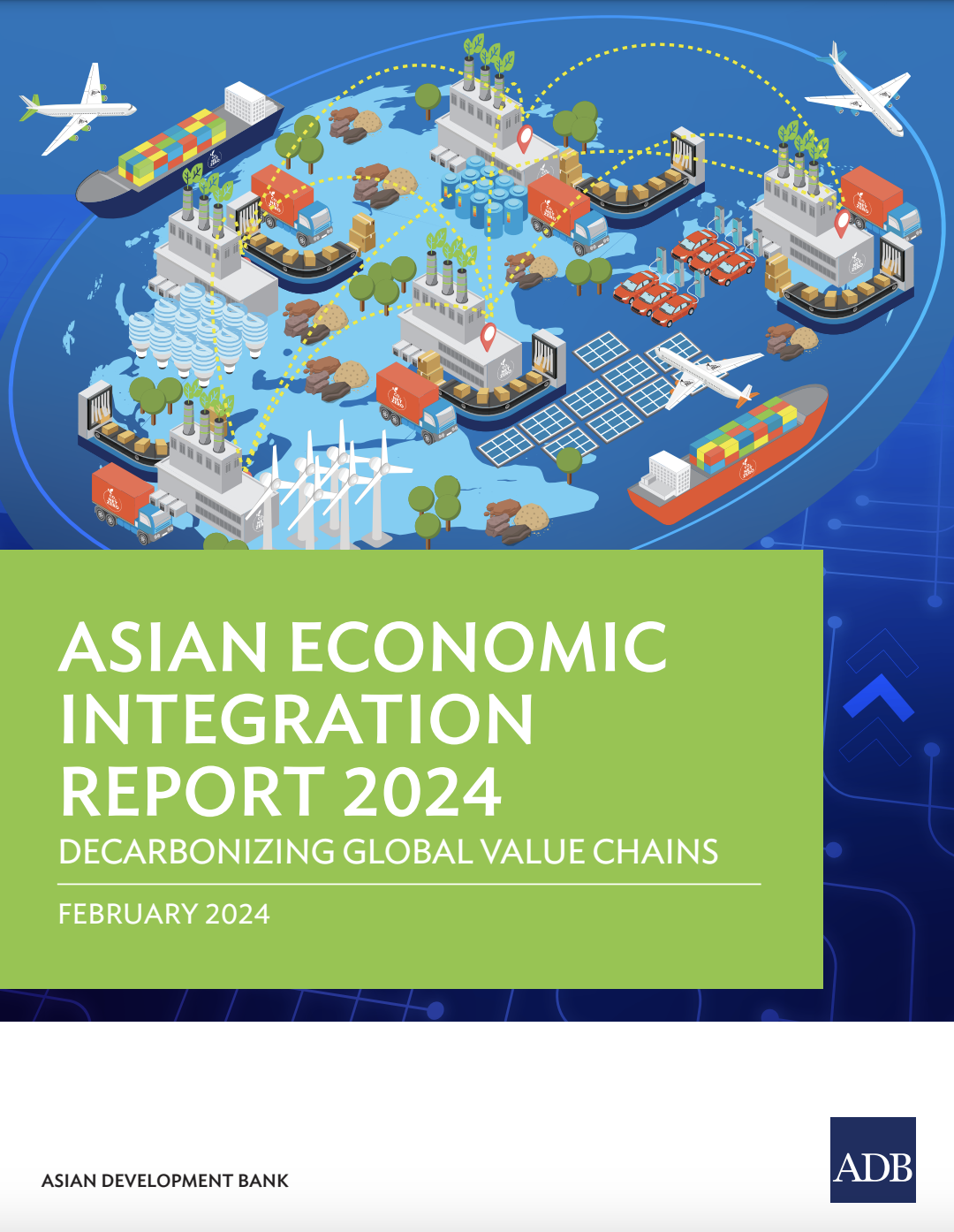
"This report by the Asian Development Bank provides an overview of changes in trade and global value chains (GVCs), cross-border investment, financial integration, and the movement of people in Asia and the Pacific and explores ways of decarbonizing GVCs."
Read more … Asian Economic Integration Report 2024: Decarbonizing Global Value Chains
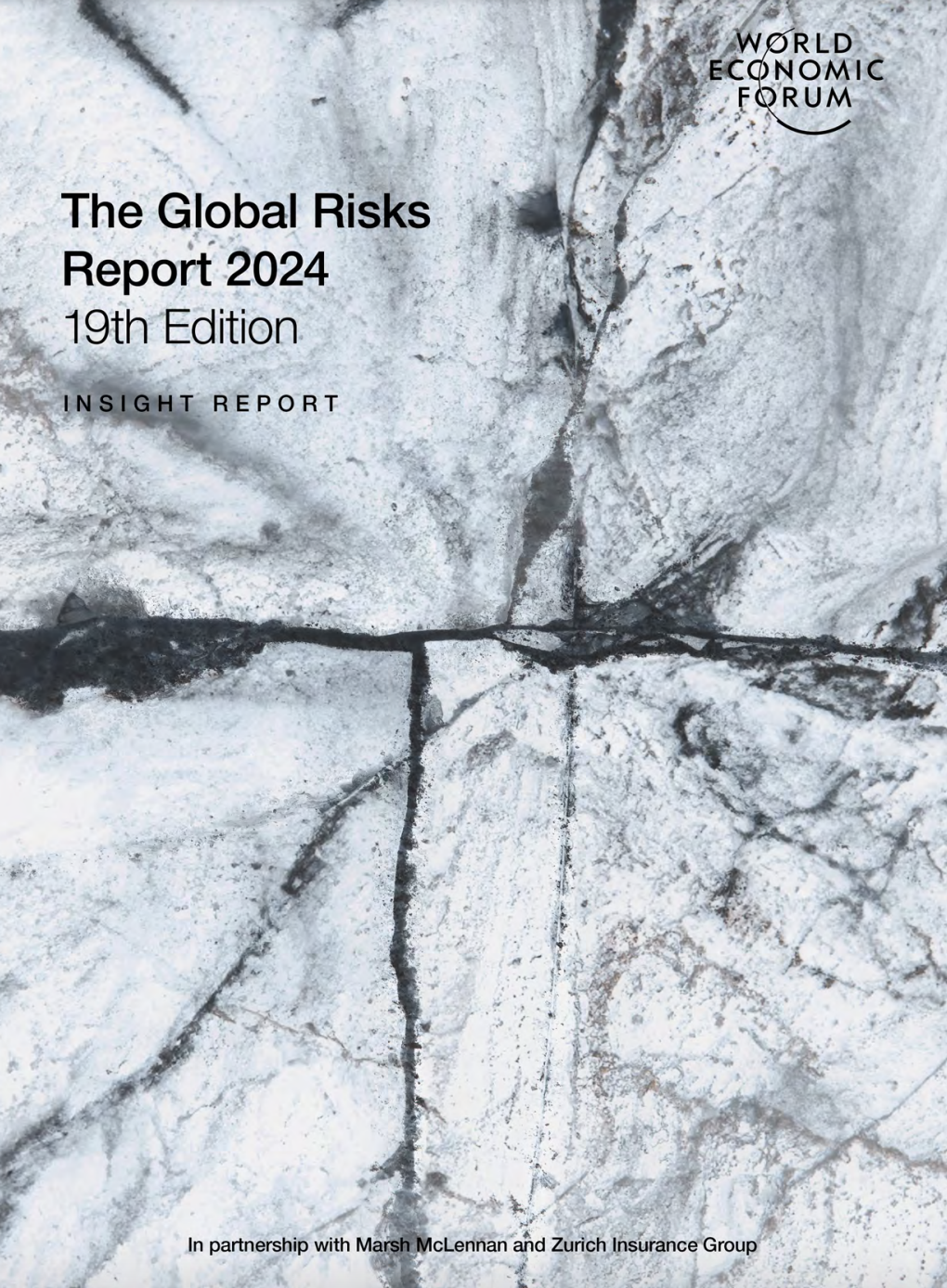
"The Global Risks Report explores some of the most severe risks we may face over the next decade, against a backdrop of rapid technological change, economic uncertainty, a warming planet and conflict. As cooperation comes under pressure, weakened economies and societies may only require the smallest shock to edge past the tipping point of resilience."

"This note, prepared at the request of the Ministry of Economy and Development, aims to analyze selected opportunities for Mongolia to diversify its economy and identifies specific policy options to realize them. Mongolia’s growing dependence on mining exports, primarily to China creates vulnerabilities and reduces resilience, as exposed during recent external shocks. Policy makers therefore continue to emphasize the importance of diversifying the economy. Against this backdrop, this note identifies opportunities and offers recommendations to achieve this goal."
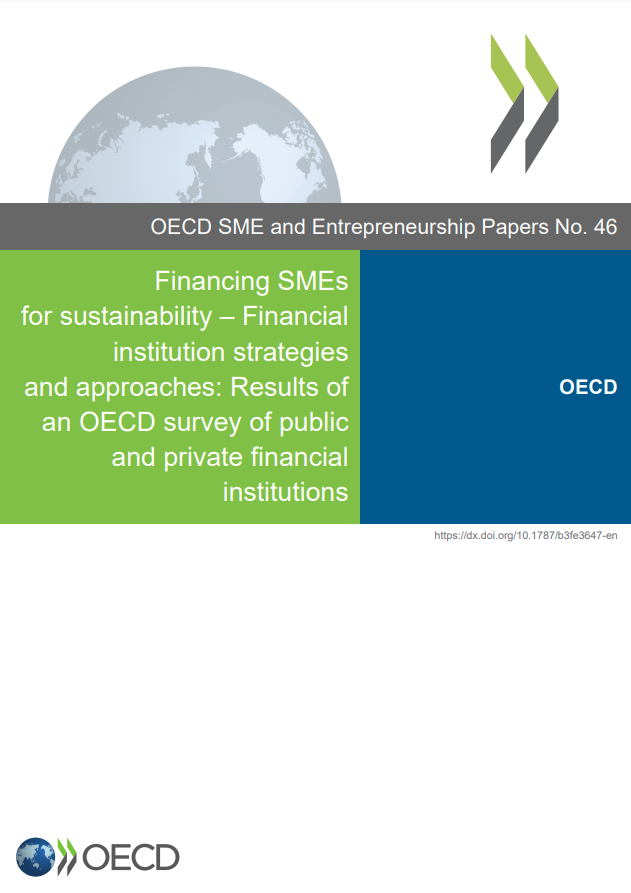
Results of an OECD survey of public and private financial institutions
"Banks and other financial institutions have a central role to play in supporting the net zero transition of the business sector and its millions of SMEs. They are working to integrate climate considerations in various aspects of their operations, including strategy, management and financial products. This calls for the development of new internal capacities and access to SME sustainability data and assessments which are currently difficult to obtain.
Read more … Financing SMEs for sustainability – Financial institution strategies and approaches
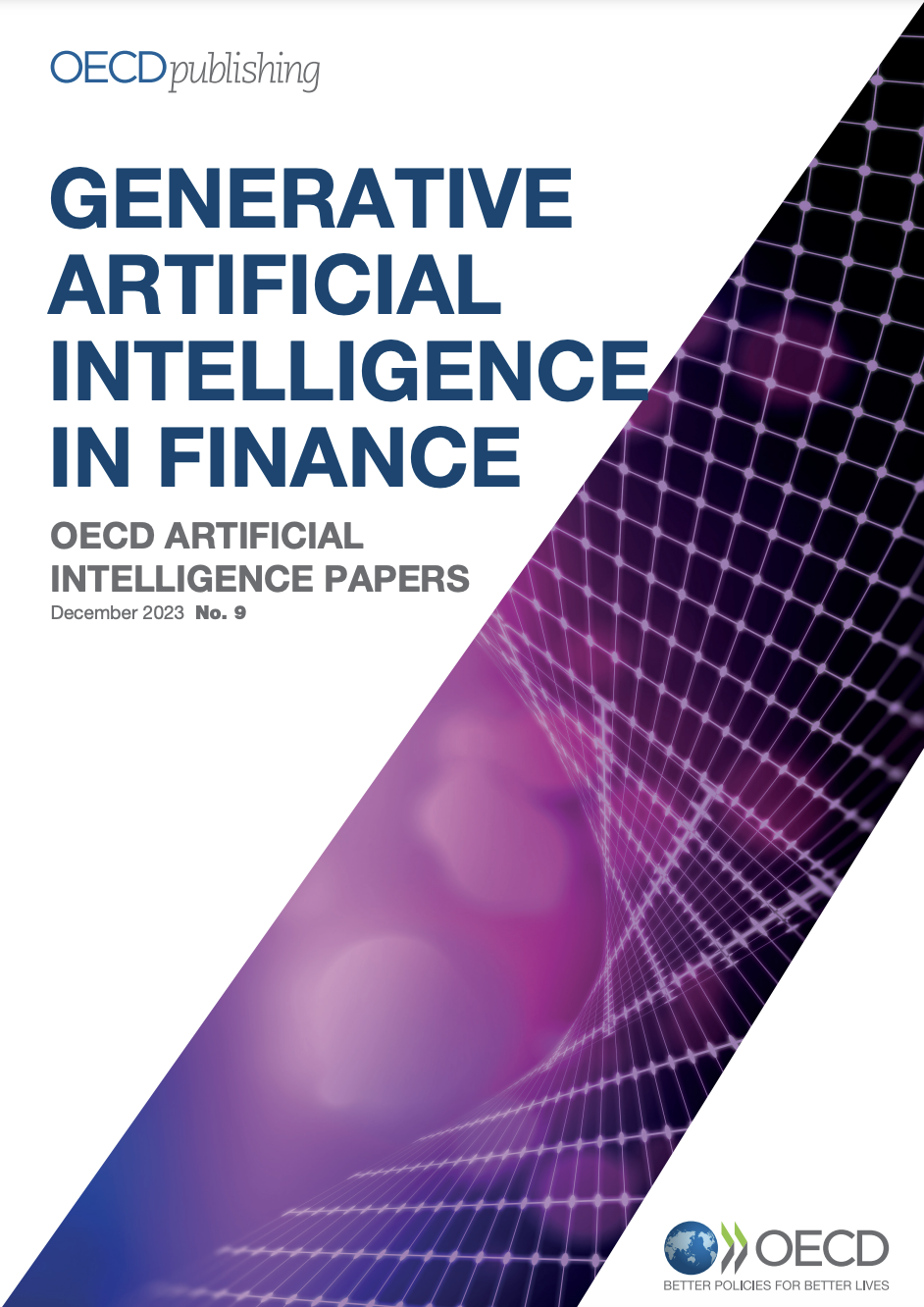
"The rapid acceleration in the pace of Artificial Intelligence (AI) innovation in recent years and the advent of content generating capabilities (Generative AI or GenAI) have increased interest in AI innovation in finance, in part due to the user-friendliness and intuitive interface of GenAI tools. Currently, the use of GenAI in financial markets involving full end-to-end automation without any human intervention remains largely at development phase, but its wider deployment could amplify risks already present in financial markets and give rise to new challenges. This paper presents recent evolutions in GenAI and its slow-paced deployment in finance, analyses the potential risks from a wider use of GenAI tools by financial market participants, and discusses associated policy implications."

"How strongly do citizens feel about different policies? How do these preferences affect structural reform? This paper proposes new, generalisable measures which quantify the strength of individuals' preferences for multiple non-pecuniary economic objectives. Using data from World Values Surveys on more than 100 economies over the period 1995-2020, these measures assess individuals' desire for environmental protection, inclusive and democratically governed societies, global integration, and economic competitiveness and resilience. The paper also provides a new, consistent measure of policy outcomes along these dimensions, using data compiled by the European Bank for Reconstruction and Development."
Read more … Attitudes, beliefs and reforms: Measurement and stylized facts

"The collective decisions we make today will determine how AI affects productivity growth, income inequality, and industrial concentration
Economists have a poor track record of predicting the future. And Silicon Valley repeatedly cycles through hope and disappointment over the next big technology. So a healthy skepticism toward any pronouncements about how artificial intelligence (AI) will change the economy is justified. Nonetheless, there are good reasons to take seriously the growing potential of AI—systems that exhibit intelligent behavior, such as learning, reasoning, and problem-solving—to transform the economy, especially given the astonishing technical advances of the past year."
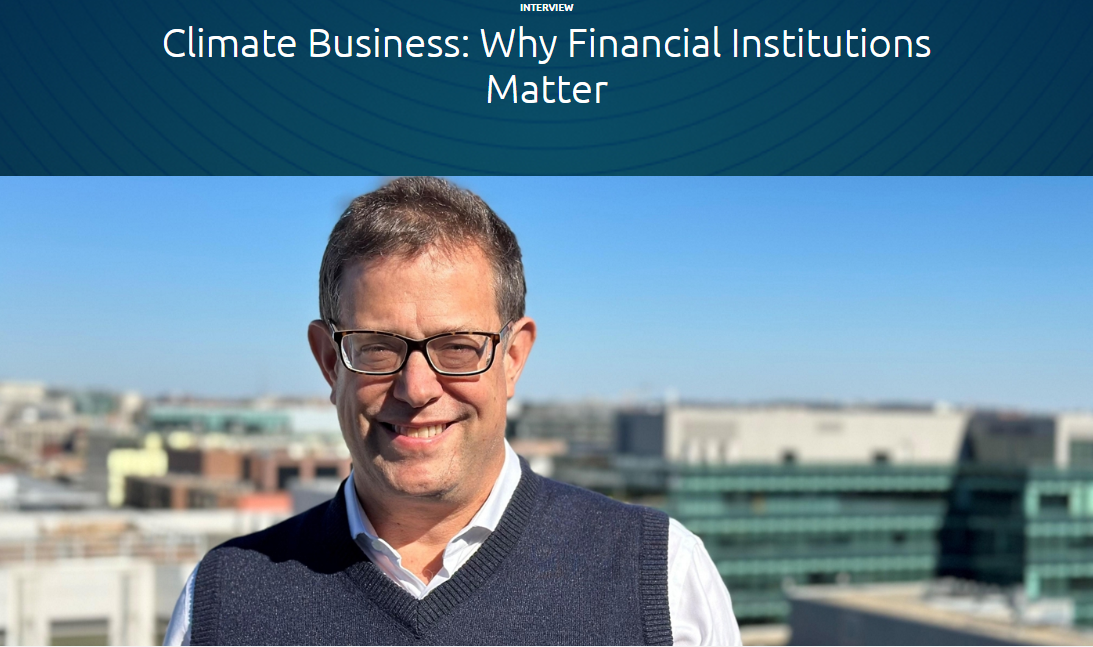
"The International Finance Corporation (IFC) has published an interview with Will Beloe, an acting global head of climate finance at IFC, on the topic of climate finance. Will Beloe has over 15 years’ experience helping financial institutions in emerging markets to grow their climate business. As principal industry specialist, Will is responsible for developing and executing a global strategy to reduce greenhouse gas emissions across IFC’s 800+ financial institution partners."
Read more … Climate Business: Why Financial Institutions Matter
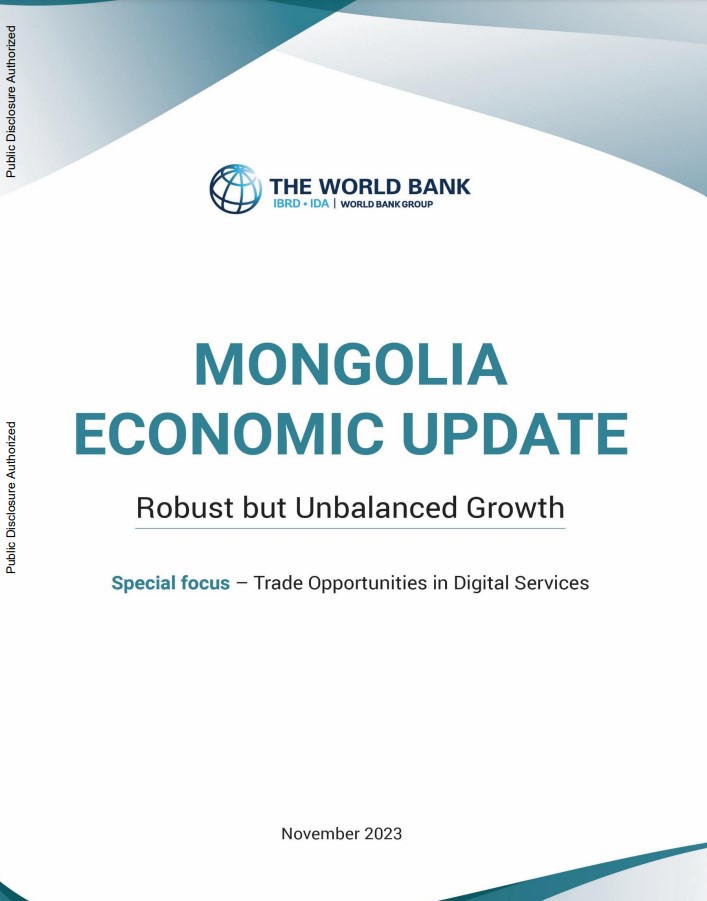
"Economic growth in Mongolia has been robust but uneven, with the mining sector driving the economy while the non-mining sector lags. Growth reached 6.2 percent in the first half of 2023 (up from 5.0 percent in 2022), with more recent higher frequency data suggesting that this momentum has been kept in the third quarter. The acceleration in growth has been uneven, mainly driven by robust growth of the mining sector, which strongly rebounded from its contraction in 2022. Non-mining sector growth, however, was timid in H1 of 2023 reflecting to some extent a slowdown from its strong post-pandemic growth and a contraction in agricultural production."
Read more … World Bank: Mongolia Economic Update - Robust but Unbalanced Growth
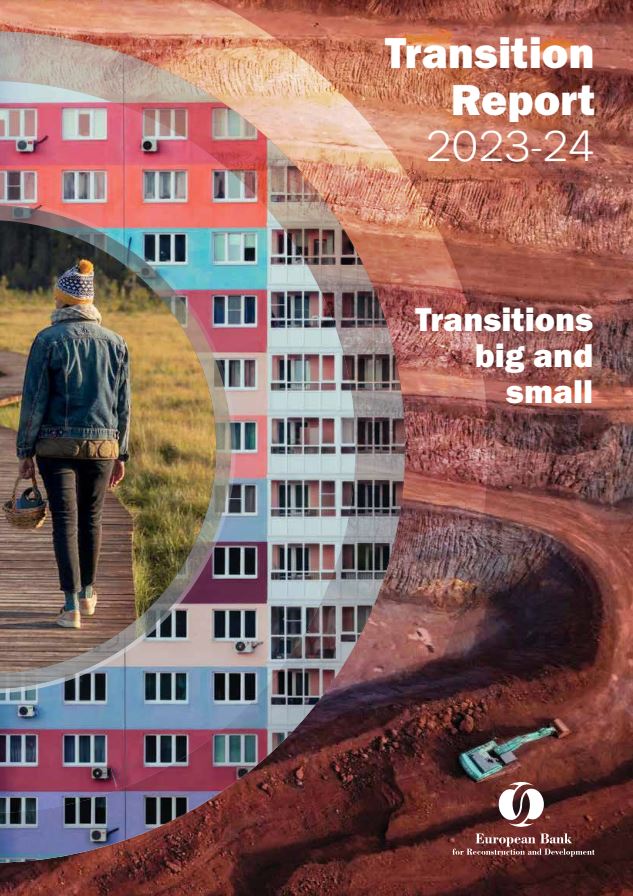
"Transition big and small
The deep structural transformation of the global economy is affecting the lives, livelihoods and living conditions of people across the EBRD regions.
The Transition Report 2023-24 focuses on “big transitions” such as the shift towards sustainability, the reconfiguration of global supply chains, and the scramble for raw materials for the digital and green economies.
The report uses unique data from the fourth round of the Life in Transition Survey, a household survey conducted in 2022 and 2023, to see how these macro-level trends translate into “small transitions”: career moves, changes in physical and mental health, the refurbishment of housing and – ultimately – changes in people’s satisfaction with life."

"This paper reviews the role of banks in addressing climate change and the shift to a low-carbon economy. It discusses how banks finance green innovation, low-carbon technologies, and adapt to climate-related risks. The paper also covers topics like credit access, carbon arbitrage, greenwashing, and financial regulation. It concludes by suggesting future research areas in sustainable banking."

"This paper studies the economic impact of fragmentation of commodity trade. It assembles a novel dataset of production and bilateral trade flows of the 48 most important energy, mineral and agricultural commodities. It develops a partial equilibrium framework to assess which commodity markets are most vulnerable in the event of trade disruptions and the economic risks that they pose. It finds that commodity trade fragmentation – which has accelerated since Russia’s invasion of Ukraine – could cause large price changes and price volatility for many commodities. Mineral markets critical for the clean energy transition and selected agricultural commodity markets appear among the most vulnerable in the hypothetical segmentation of the world into two geopolitical blocs examined in the paper."


